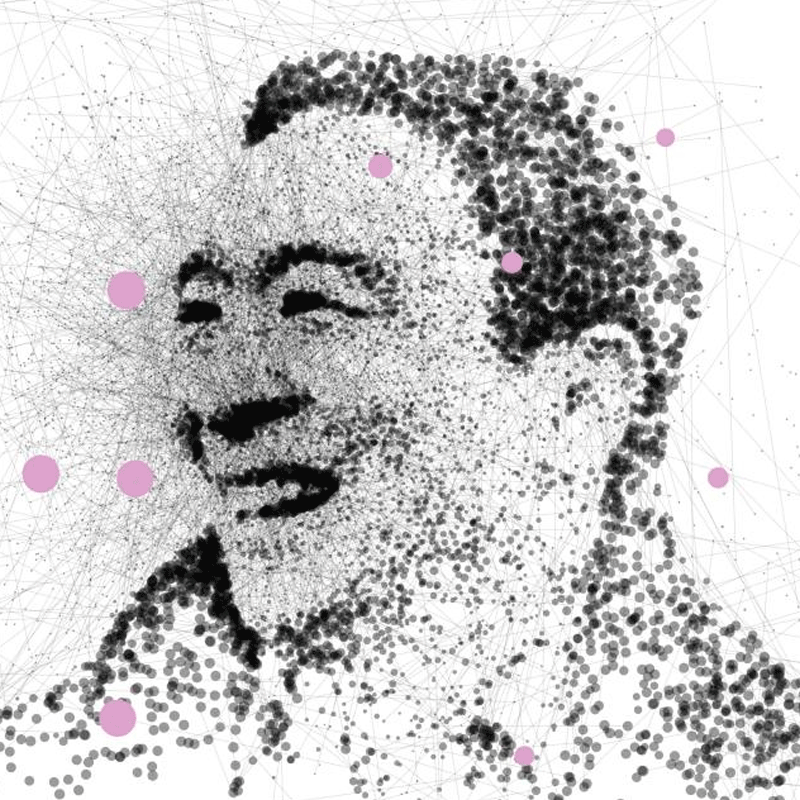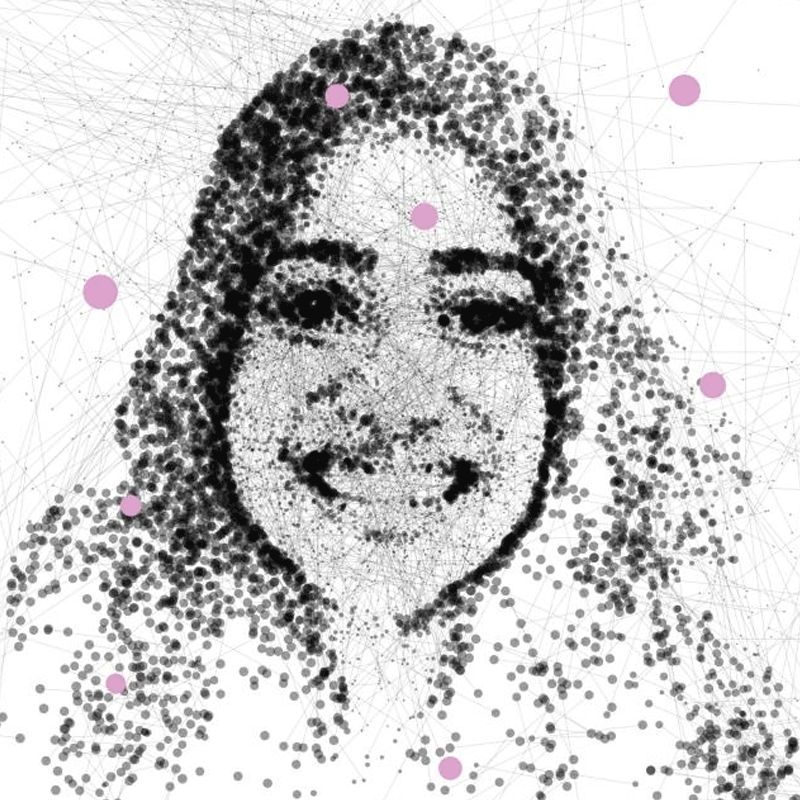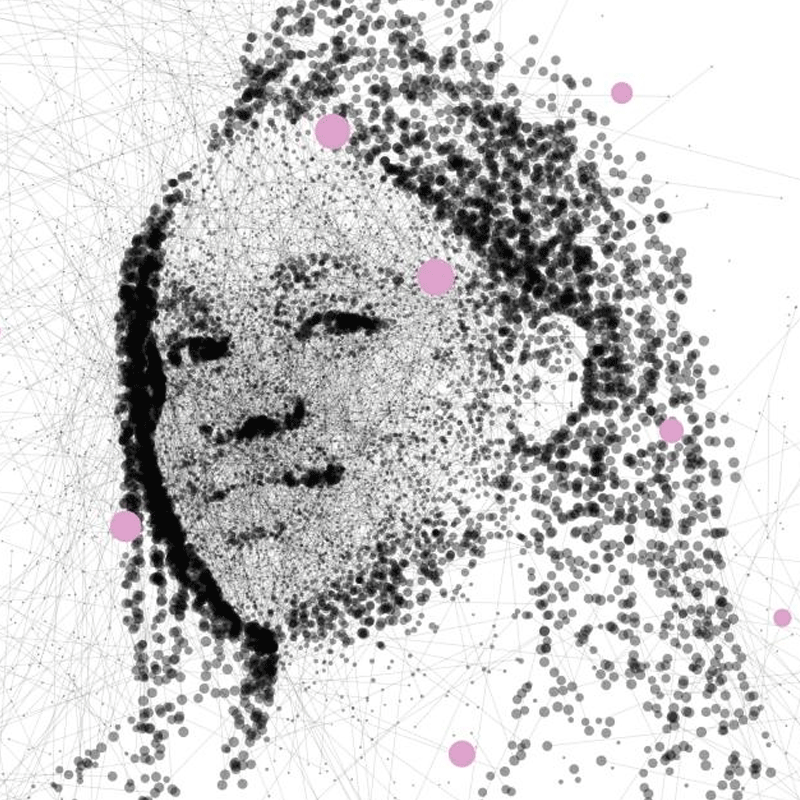2021 HAI Fall Conference
Policy & AI: Four Radical Proposals for a Better Society
November 9-10, 2021
Virtual event
Last spring, scholars at Stanford Institute for Human-Centered AI put forth a call: What are the most radical policy proposals focused on emerging technologies that could respond to the challenges and opportunities of an AI-powered future?
This November, some of the most ambitious proposals were discussed and debated during the Stanford HAI 2021 Fall Conference, “Policy and AI: Four Radical Proposals for a Better Society.” The proposals include:
“Universal Basic Income to Offset Job Losses Due to Automation”
Andrew Yang, politician and former presidential candidate
“Data Cooperatives Could Give Us More Power Over Our Data”
Divya Siddarth, associate political economist and social technologist at Microsoft.
“Middleware Could Give Consumers Choices Over What They See Online”
Francis Fukuyama, senior fellow at the Freeman Spogli Institute for International Studies.
“Third-Party Auditor Access for AI Accountability”
Deborah Raji, fellow, Mozilla Foundation, and CS PhD student, UC Berkeley.
This year’s conference featured a keynote speech by Eric Lander, the President’s Science Advisor and Director of the White House Office of Science and Technology Policy (OSTP).
Erik Brynjolfsson
Conference Co-host
Director, Stanford Digital Economy Lab
Senior Fellow, Stanford HAI
Daniel Ho
Conference Co-host
Professor, Stanford Law School
Associate Director, Stanford HAI
Stanford Digital Economy Lab Director Erik Brynjolfsson and Daniel E. Ho, Stanford Law School professor and Stanford HAI associate director, co-hosted the conference.
“I’m excited about the range of incredible speakers who will be engaging in these four ambitious proposals,” said Ho. “Proposers include public intellectuals like Frank Fukuyama and rising stars like Deb Raji, and the panels represent a true range of backgrounds, from politicians to social scientists, and technologists to technology skeptics.”
Brynjolfsson defined the term “radical“ in the context of the conference. “We chose proposals to be ‘radical’ in the sense that they are not small technocratic fixes,” he said. “They are ambitious proposals that grapple with fundamental problems and will require a change in outlook to adopt. At the same time, we don’t want proposals that are simply pie-in-the-sky dreams that have no hope of being implemented.”

A group of researchers, including Stanford professor Francis Fukuyama, are advocating for a competitive market in middleware to lessen internet platforms’ power over democratic political debate.

Former presidential candidate Andrew Yang proposes giving every American adult $1,000 a month to avert an economic crisis.

Economist Divya Siddarth and her colleagues propose creating data cooperatives that would function as intermediary fiduciaries who would negotiate with companies and other entities to establish guidelines around the use of our shared data.

Deb Raji, a fellow at the Mozilla Foundation and PhD student at UC Berkeley, proposes legal protections and regulatory involvement to support organizations that uncover algorithmic harm.